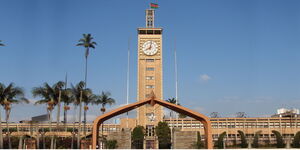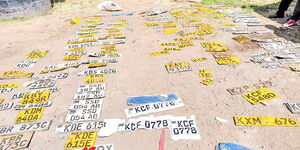The United Nations has expressed its admiration for a Kenyan village which came together to save the coral reef in the Indian Ocean.
In a publication on Sunday, July 17, UN News stated that villagers from Kuruwitu Beach noticed that the ocean was negatively affected by human activity and climate change and purposed to revive it since it is part of their livelihood.
Before the marine ecosystem was irreparably harmed, the community came to the realization that overfishing, climate change, and unrestricted fish and coral collecting by the aquarium trade all required attention.
Residents made the ground-breaking decision to designate a 30-hectare Marine Protected Area (MPA) in 2005. This was Kenya's first Locally Managed Marine Area (LMMA) based on coral.
At the Oceans Alive Organization conservationist, Katana Hinzano, participates in the creation of substitute coral blocks and nurseries using cement and sand.
A marine conservationist and the coral project's program lead, Dickson Gereza, explained that pollution is the ocean's greatest adversary and human activity had also affected the sea.
"People are being irresponsible. The ocean is a useful resource, but humans are trashing it. It is important to dispose of rubbish correctly to save the ocean," he stated.
Oceans Alive, Kuruwitu Conservation and Welfare Association experts collaborated to help the corals revive.
The process began with a metal bed with plastic mesh attached to it to create a nursery, cement and sand plugs are dried and fastened to the bed.
After weeks of curing in the sea, the bed is ready for transplanting and is dropped onto the seabed. Marine life is then given the opportunity to attach itself to the structure.
Fish increased in abundance, size, and diversity since fishing was banned within the LMMA this saw an increase in the number of fish outside the zone because the area has become a breeding ground.
As a result, fishermen see increased catches as a result of the spillover effect.
The UN News reported that biodiversity increased, transforming Kuruwitu into an eco-tourism destination and creating jobs for guides, boat captains, and rangers.












